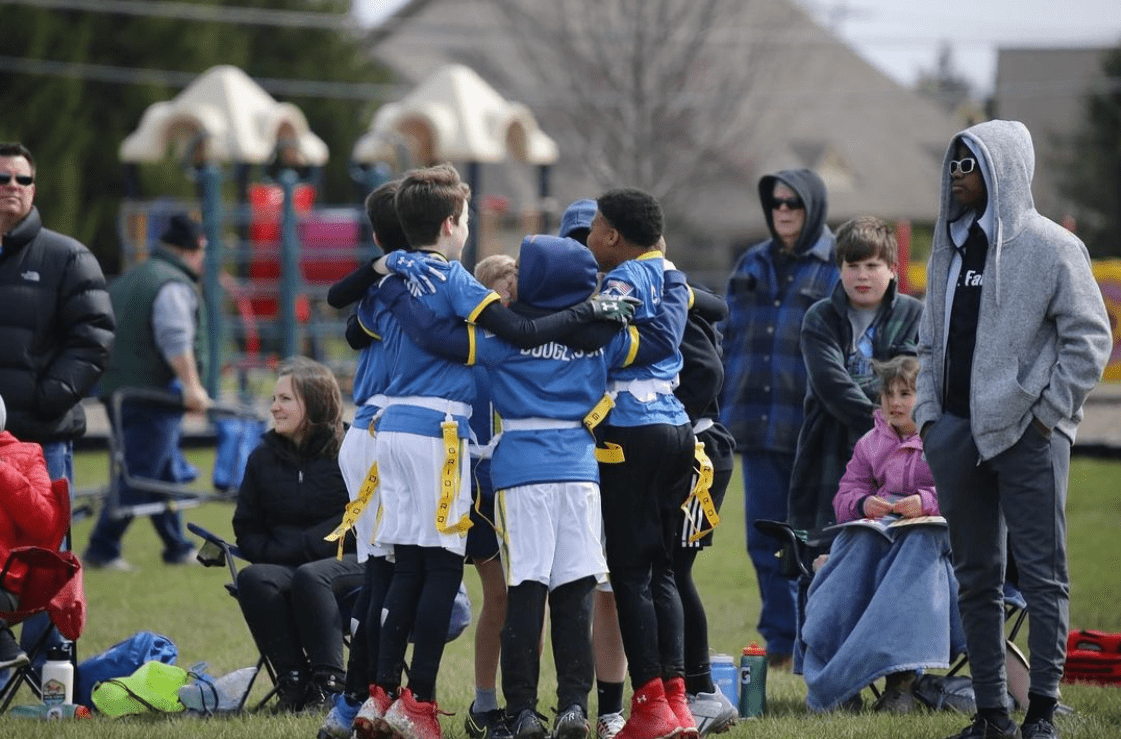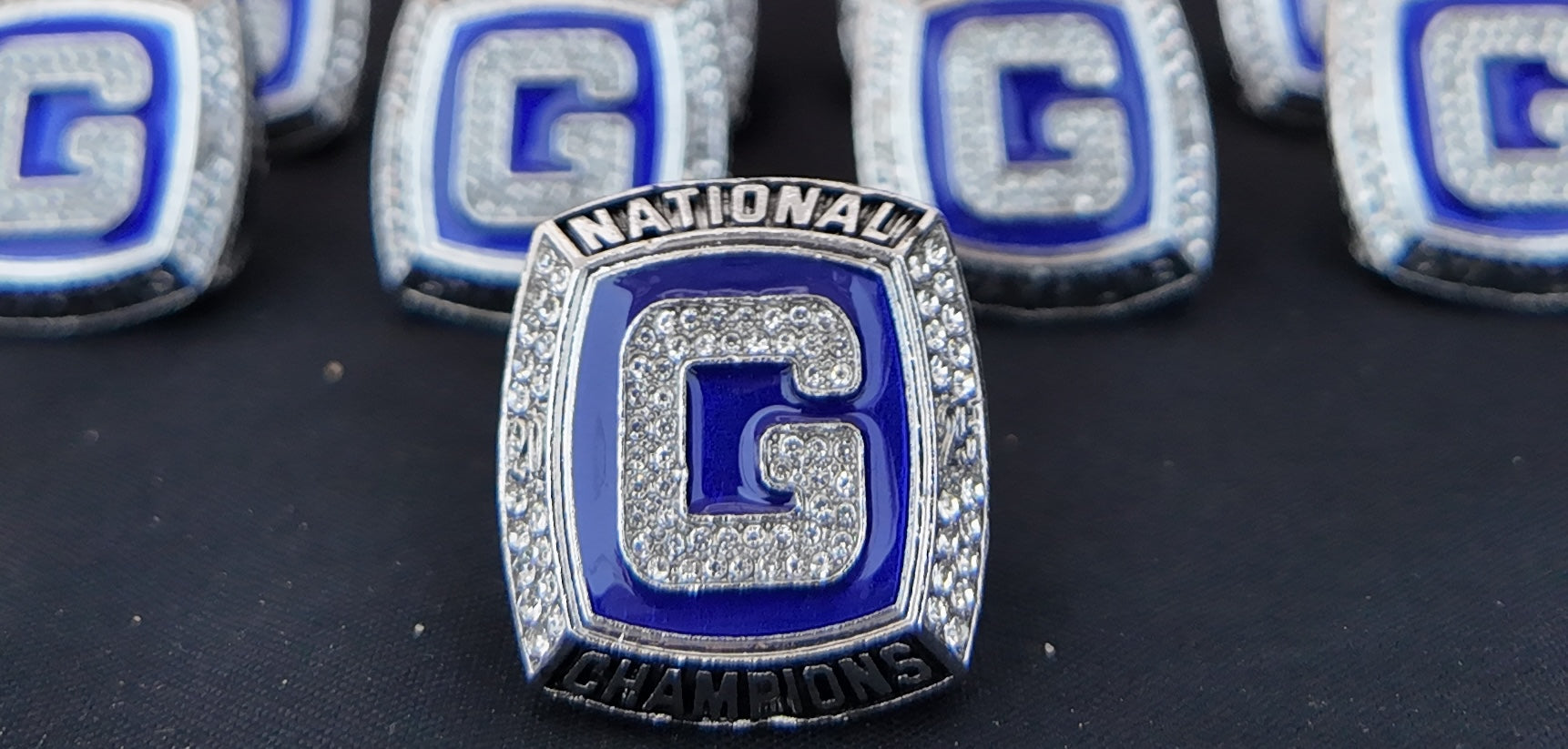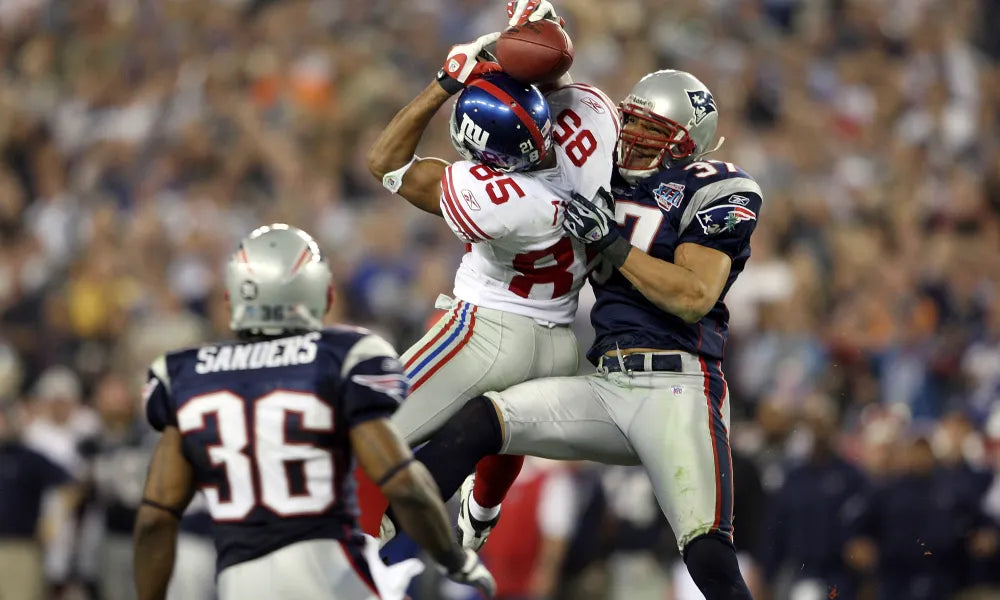Sportsmanship. It’s a common word, especially in youth sports. As parents, we all want the best for our kids– to be successful, absolutely. But even more? To become young men and women of character who make a positive mark on this world. And the training ground for that is called the Gridiron.
So what is “sportsmanship”? It was first defined in 1897 to indicate fair play, respect for opponents and gracious behavior in winning or losing. Translation: being a good person. And it still means that today.
How does this translate to the flag football field?
1. Sportsmanship Creates a Positive Environment
We’ve all heard about or been to sports events where it became less about the game, and more about the players’ behavior. Whether it’s taking a cheap shot, playing an unfair advantage, trash-talking the opponents or berating officials. Good sportsmanship does just the opposite. It creates a positive atmosphere, encourages fair play and mutual respect, and keeps the focus on enjoying the game and having fun.
2. Sportsmanship Improves Player Behavior
You know the age-old question, “if your friends all jumped off a bridge, would you?” Just as in life, teammates feed off each other. When players demonstrate good sportsmanship, they set an example – and build a culture – among their teammates and opponents that values positive, respectful behavior. In the end, it just takes one player who’s willing to lead by example.
3. Sportsmanship Fosters Healthy Competition
We love getting the “W”. But not at any cost. Good sportsmanship is required to truly earn it. Showing respect for opponents and the rules of the game makes competition more enjoyable for everyone. And the championship at the end of the season all the sweeter.
4. Sportsmanship Builds Character
As we said in the beginning, it all comes down to character. Good sportsmanship teaches life lessons like respect, teamwork and fair play. Sure, these skills matter on the football field. But they don’t stop there. They help players become better people off the field, too.
5. Sportsmanship Respects the Game
It’s a beautiful game, and one that should be respected. But even more, it’s about honoring the dozens of volunteers, officials, game day staff, local sponsors, league organizers, parents and coaches who invest their nights and weekends to make flag football possible for our kids.
There’s no question, sportsmanship is an essential component of flag football. It promotes a positive environment, improves player behavior, builds character, fosters healthy competition, and shows respect for the game and everyone involved in it. But just as in flag football itself, it’s a “team effort”. It requires everyone’s participation– players, coaches, officials and you, our Gridiron parents. So thank you for setting the example and creating an infectious culture of respect!
--
Find your local league here>
Become a Gridiron coach or official here>




Share:
Battle5 Gridiron Tournament of Champions @ The Star
Respecting Flag Football Referees